TalkTools
What is TalkTools?
TalkTools is a therapy approach which was devised in the USA by an American Speech and Language Therapist called Sara Rosenfeld-Johnson. TalkTools is known as an Oral Placement Therapy which uses a combination of auditory, visual and tactile (touch) stimulation to support the development of speech. It can also be used to support early feeding development, as this and speech development go hand in hand.
Who is TalkTools for?
TalkTools is beneficial for children and young people of many ages and abilities. It is especially helpful for people who find it challenging to access more traditional approaches focusing on speech. TalkTools can be used to support children and young people who have complex speech sound difficulties. We have had lots of success at The Talking House using TalkTools alongside traditional therapy approaches to support children and young people who have:
Dyspraxia
Dysarthria
Cerebral Palsy
Down’s Syndrome
Developmental delay
Hearing Impairment
Complex needs
Phonology delay and disorder
Autism Spectrum Condition
This is not an exhaustive list, if your child has a diagnosis or needs which are not listed above, please feel free to get in touch to discuss whether TalkTools may be helpful with one of our therapists.
How does it work?
TalkTools uses ‘tools’ and specific therapy activities to teach the ‘feel’ of speech. It focuses on teaching children and young people where and how they need to make specific speech sounds. This makes it very effective when working with clients who find it challenging to produce or imitate speech sounds or have little success using more traditional therapy approaches.
TalkTools works well alongside more traditional speech therapy activities and is never completed as a stand-alone activity. Homework activities are given to support continued practise at home, which supports the best outcomes. We advise parents to purchase specific ‘tools’ related to your child’s TalkTools programme so that your child has their own set and you are able to continue practise at home.
TalkTools has come under some scrutiny by some people. There is a misconception that TalkTools is the same as ‘non-speech oro-motor’ exercises which are widely acknowledged to have no impact on speech and therefore are not recommended.
It is a highly specific and targeted programme for creating the functional movements needed for speech. That saying, it’s not a programme that will work for everyone. In my own experience, I have had the greatest success with children with Cerebral Palsy, with children moving from having no intelligible speech to making significant differences to breath control as well as fluency and clarity of speech.
During assessment and therapy sessions, we may take short videos of your child’s speech during play or in conversation, with your consent, to allow further analysis outside of the session. This enables us to look at your child’s motor speech skills in as much depth as possible and helps us to form our recommendations.
If we recommend using TalkTools in our therapy, we will work together with you to:
Provide specific information about the nature of your child’s speech sound difficulty.
Make recommendations and provide tailored therapy to support your child’s speech sound development.
Advise which ‘tools’ to purchase to support your child’s TalkTools programme and will provide information on where you can purchase these.
Provide advice and training on how you can support your child’s speech following their TalkTools programme at home
So if you feel you would like to know more about TalkTools – check out some of the YouTube videos of Sara Rosenfeld-Johnson demonstrating how it’s done, such as this one .
Let me know what you think about TalkTools and please get in touch if you would like to know more.

